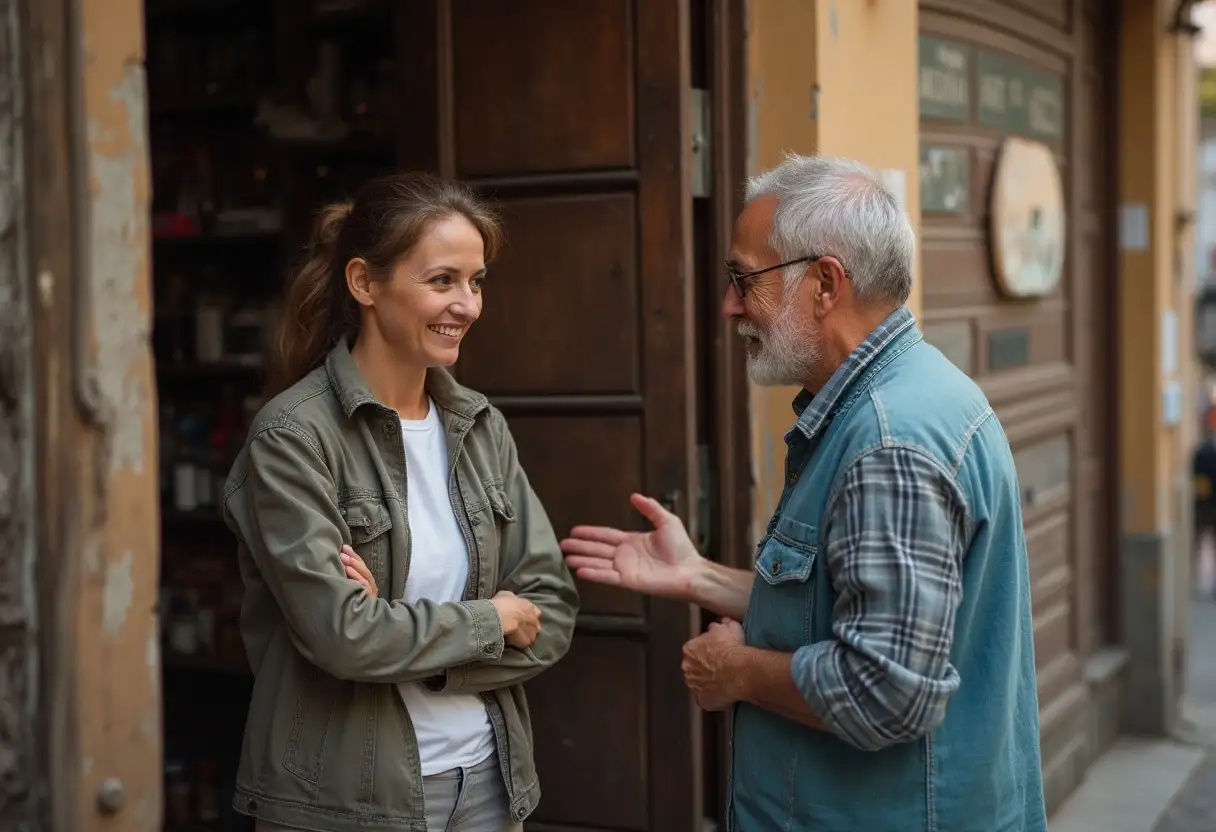Moving abroad is an enticing idea for many, promising adventure, cultural experiences, and often, a higher quality of life at a lower cost. However, the pressing question remains: how to afford living abroad? Understanding the practical financial realities behind this choice can clarify whether life overseas is genuinely viable for you

To sustain a life overseas, many expats rely on a mix of active and passive income. Remote jobs provide structure and consistency, while freelance work allows for greater flexibility and independence. Some build location-independent businesses, while others generate earnings from investments, real estate, or digital assets. Choosing the right income for living abroad depends on your skills, resources, and financial goals.
Planning income sources in advance reduces uncertainty and builds a sense of security, letting you focus on long-term integration and well-being. A clear financial plan isn’t just about earning — it’s about designing a system that supports a more mobile and intentional lifestyle.
Many expats rely on remote work or freelance work abroad, often using platforms like Upwork, Fiverr, or Freelancer to connect with clients globally. Common roles include graphic design, writing, digital marketing, and software development. Teaching English online is another accessible path, particularly for certified or native speakers.
Others work as virtual assistants, offering administrative support, or as remote consultants in areas like finance, HR, or marketing. The flexibility of freelancing allows expats to choose projects, manage schedules, and adapt to changing locations. For some, short-term or seasonal remote work helps balance travel with income. Building a freelance career takes effort but can offer steady earnings and independence.

Not all expats rely on remote jobs. Some maintain stability through passive income abroad — earnings that don’t require active daily involvement. A common example is rental income while traveling, often managed by agencies back home. Others invest in stocks, bonds, or dividend-generating funds. Some also hold cryptocurrency long term, though this demands caution and understanding of market volatility.
For retirees, pension income abroad provides regular support, especially in countries with lower living costs. Digital products like courses, blogs, and monetized YouTube channels can also become ongoing revenue streams. E-commerce models such as dropshipping or Amazon FBA offer additional options. These methods require initial setup or capital but can enable a more flexible, sustainable lifestyle — even one centered on slow living abroad.

Managing finances across countries can be a challenge. Without the right tools, expats may face high transfer fees, delays, poor exchange rates, or limited banking access. Having reliable systems for international payments is essential to avoid these pitfalls and maintain financial stability.
Today’s money tools for expats help streamline transfers and protect your income. From low-fee platforms to multi-currency apps, these modern digital nomad tools support a seamless financial experience. With the growth of online banking for expats, managing cross-border transactions is now easier than ever.

The right tools simplify life when you’re handling different currencies, navigating cross-border payments, or managing cross-border banking as you move between countries. Here are some of the most useful options:
These tools reduce friction, save money, and improve access — particularly valuable when you're focused on managing international finances effectively while keeping expenses in check.

Controlling expenses abroad starts before the move. Researching the cost of living across destinations helps you choose where your income or savings will go further. Comparing prices for rent, groceries, transport, and healthcare gives you a clear picture of what to expect.
Smart planning also includes choosing long-term rentals over short stays, avoiding tourist-heavy areas, and selecting cost-effective local insurance. Understanding how utilities, taxes, and banking fees work can prevent surprises. In some cases, residency or a digital nomad visa grants access to public services.
Taking a proactive approach to spending — rather than reacting — helps you stay grounded and aligned with sustainable spending habits.

Once you're settled, small daily choices help keep expenses in check. Cooking at home, shopping at local markets, and using public transit or a bike can significantly reduce costs. These changes also help you connect more deeply with your environment.
Bringing reusable bags, carrying a water bottle, and joining local loyalty programs may seem minor, but they add up over time. Free or low-cost entertainment — like local events, nature walks, or community classes — can be just as fulfilling.
Many expats adopt a minimalist lifestyle abroad that reduces unnecessary spending while maintaining quality of life. These routines support living abroad on a budget without feeling restrictive.

Traditional budgeting doesn’t work for everyone. Many expats opt for intentional budgeting — a looser, awareness-based approach. Instead of tracking every purchase, they set rough monthly spending limits and reflect on how their habits align with their values.
Some use cash to stay within boundaries; others save first, then spend freely. The key is maintaining clarity without stress. With the right mindset, budgeting abroad becomes less about discipline and more about balance.
Life abroad isn’t just about finances — it's also about handling day-to-day logistics. Language barriers, unfamiliar systems, and bureaucracy can make basic tasks overwhelming. Building relationships with locals can ease this process. They may help you find affordable services, explain cultural norms, or offer advice in a crisis.

Other expats are an equally valuable resource. They’ve navigated many of the same obstacles and can provide guidance, reassurance, and tips. This kind of network is key to thriving — not just surviving — while living abroad full time.
Digital tools are useful, but human support is irreplaceable. Neighbors might offer translation help, emergency contacts, or insight into local life. Good landlords can be flexible and informative, becoming trusted points of contact.

Expat communities also play a vital role — answering questions about paperwork, healthcare, or where to buy essentials. These relationships create a foundation of trust and belonging, helping you manage uncertainty with confidence.
Financial freedom abroad doesn’t mean being rich. It means having a system that works smoothly — one that aligns your income and expenses and supports your life without constant worry. Steady income streams and mindful habits help you build that kind of balance — a foundation for truly experiencing money without stress.

When things run well and unexpected costs are manageable, you can focus on growth, rest, and connection. That’s the point where you’re not just making ends meet — you’re enjoying your life with clarity and purpose. And that’s when you’ve truly figured out how to afford living abroad — not just financially, but sustainably and on your own terms.
Life abroad becomes sustainable when income sources are planned, money transfers and spending tools are understood, and daily expenses are kept under control. Clear financial choices make it possible not just to get by, but to feel confident and free in a new country.